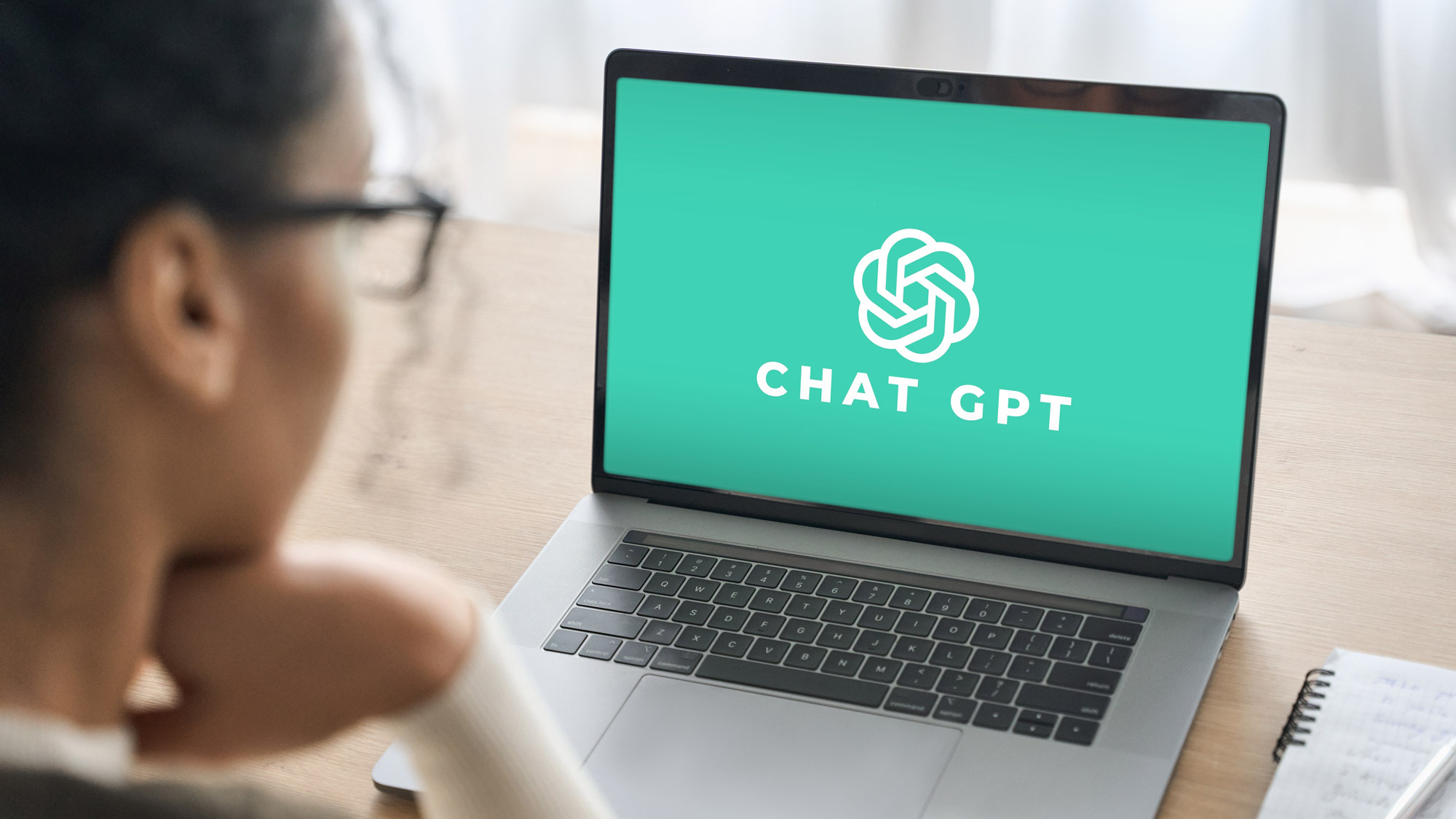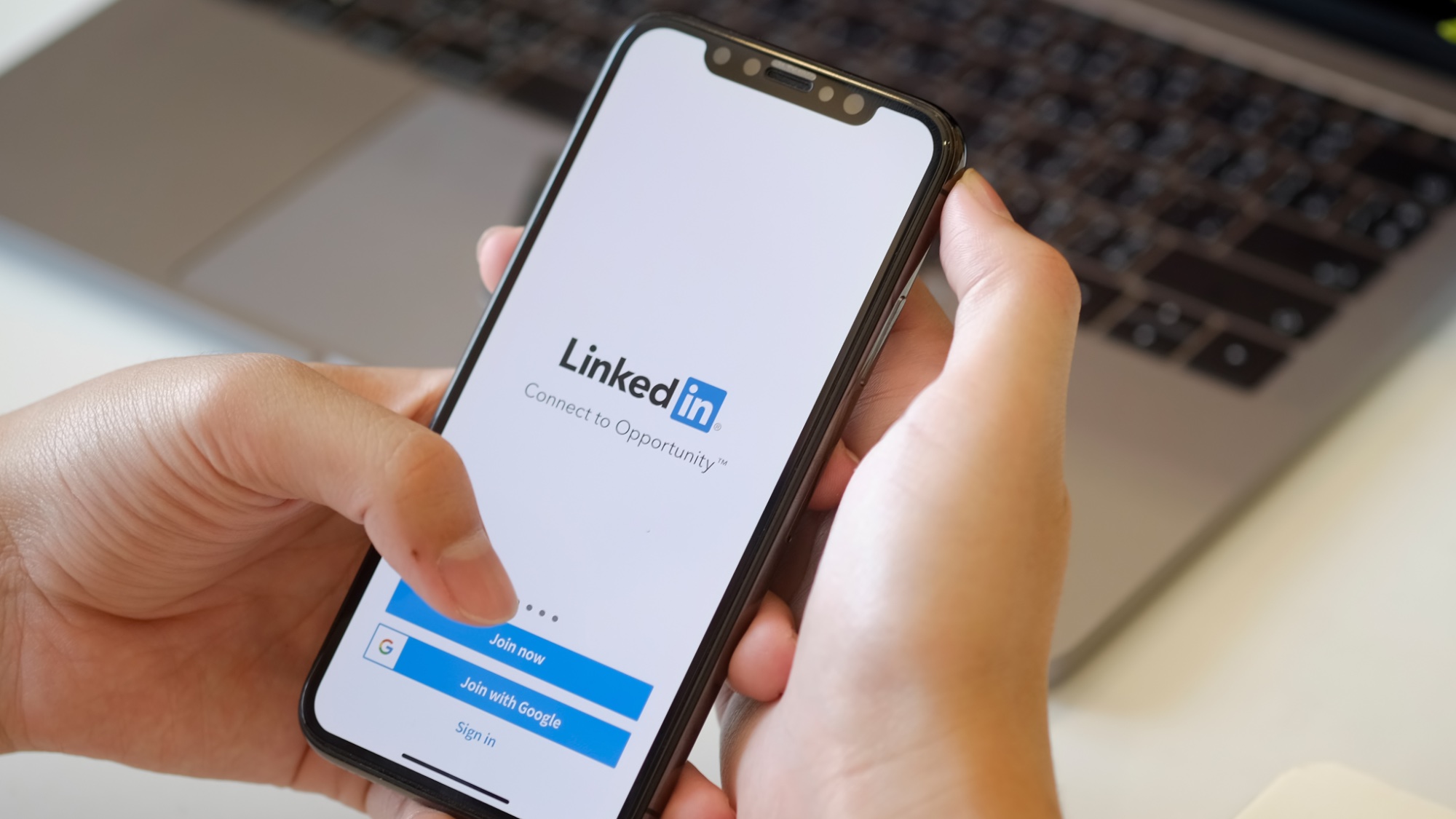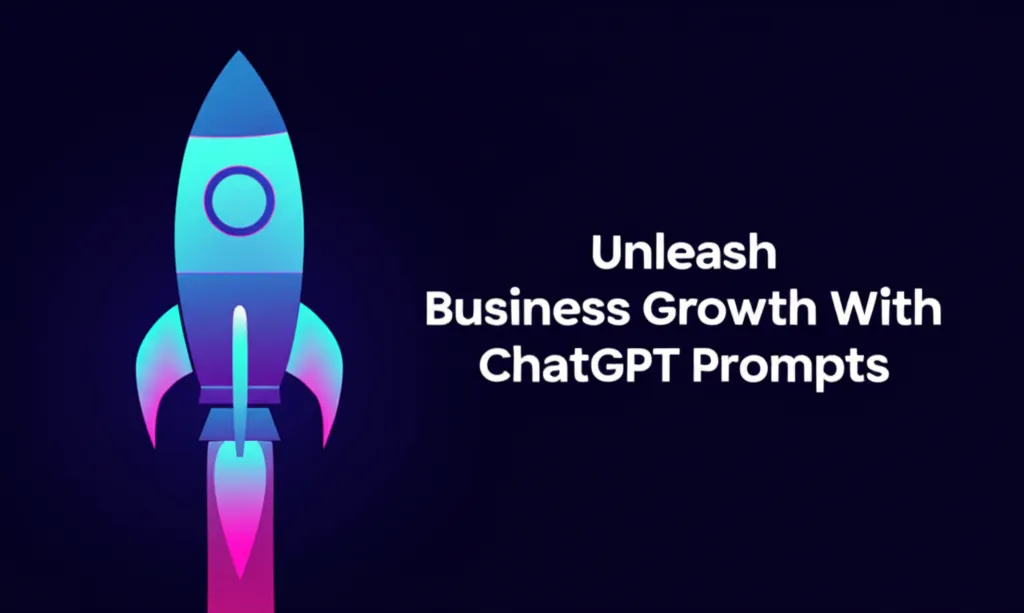Developer Offer
Try ImaginePro API with 50 Free Credits
Build and ship AI-powered visuals with Midjourney, Flux, and more — free credits refresh every month.
Expert Guide To Job Hunting With ChatGPT 5

Job hunting can often feel like a full-time job itself. Between navigating ghost vacancies, undergoing endless unpaid trials, and receiving generic rejection emails, landing a new role is a significant challenge. However, the rise of AI tools like ChatGPT is empowering job seekers to take control of their career journey and climb the ladder.
Whether you have a dream job in mind or are just starting your search, ChatGPT can be a powerful ally. I consulted with two recruitment experts to get their top advice and favorite prompts for using ChatGPT effectively in your job search.
Why Use ChatGPT for Your Job Search?

It's a fair question to ask whether using AI in your job application is ethical or effective. Employers want to hire people who are a good cultural fit, responsible, and knowledgeable. While AI could be used to misrepresent skills, it’s a tool that, when used correctly, can be a force for good. In fact, experts agree it's almost essential.
Sam DeMase, a career expert at ZipRecruiter, notes that their data shows three in four employers are open to job seekers using AI for help with applications. This should ease any anxiety about using ChatGPT being a form of cheating.
Jason Leverant, President and COO of AtWork Group, is even more direct. "I would adamantly say yes, whether it be ChatGPT or some other type of AI platform," he says, explaining that these tools provide critical information. "If they're not taking advantage of it today, they're putting themselves at a massive disadvantage."
Step 1: Finding the Right Opportunities

Before you can apply, you need to find the right role. ChatGPT can help you discover jobs that align with your core strengths, or what Sam DeMase calls "your superpowers." This approach can help you broaden your search and uncover roles you may not have considered.
DeMase suggests using a prompt like this:
My top superpowers are [Skill 1], [Skill 2] and [Skill 3]. What jobs am I best qualified for based on these strengths?
Leverant adds that you can also ask ChatGPT to identify organizations that align with your desired work culture and leadership style, as the AI has access to a surprising amount of contextual data online.
Step 2: Crafting the Perfect Application

Once you've found your dream job, it's time to create an application that stands out. A critical step is tailoring your resume to get past the Applicant Tracking System (ATS), which is the software companies use to screen applications.
DeMase recommends copying the job description into ChatGPT and asking:
What are the top five skill sets from this job description?
Your resume and cover letter should then be edited to reflect these five skills. DeMase also suggests asking ChatGPT to spot gaps in your experience, giving you a chance to address them proactively. "The less gaps you have, the more likely your resume will make it to a human."
Step 3: Acing Your Interviews with AI Prep

An interview invitation means you're close to the finish line, and preparation is key. Leverant notes, "We see a clear delineation between someone who is prepared for their interview and those that just show up and wing it." Prepared candidates are seen as stronger hires nearly 100% of the time.
ChatGPT is particularly useful for practicing behavioral interview questions, which are often the toughest. These are the "tell me about a time when you..." questions. DeMase recommends using a prompt to get feedback on your answers:
Please act as the hiring manager for this role. Evaluate my response and highlight any gaps and missing skill sets.
Leverant also suggests using ChatGPT's voice mode to simulate a phone interview. You can give it a verbal prompt like:
This is a phone interview and you’re interviewing me for role [X]. Focus on job or role specific questions.
After the mock interview, you can ask for feedback, such as, "How did I do? Where can I improve on?"
The Human Element: How to Stand Out

With millions of people using ChatGPT, how do you avoid sounding like everyone else? Authenticity is your greatest asset. DeMase advises job seekers to "lean into your personal examples, personal stories... make connections with the person you're talking to, things that Chat wouldn't know."
Leverant agrees that your edge comes from human attributes like engagement, enthusiasm, and acumen. While some may prefer a more traditional approach, he encourages everyone to embrace the future of job seeking. "I would encourage an old school job seeker to give it a shot. Give it a try. You won't be disappointed in the results."
Compare Plans & Pricing
Find the plan that matches your workload and unlock full access to ImaginePro.
| Plan | Price | Highlights |
|---|---|---|
| Standard | $8 / month |
|
| Premium | $20 / month |
|
Need custom terms? Talk to us to tailor credits, rate limits, or deployment options.
View All Pricing Details

